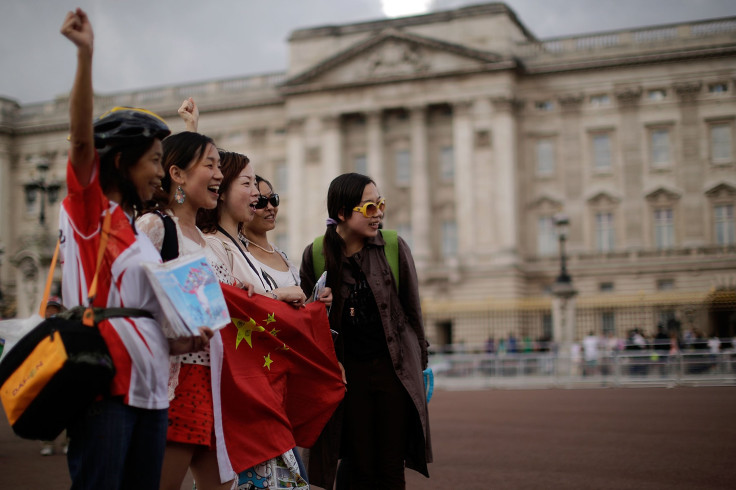Chinese Tourist Destinations Lose Government Accreditation For Poor Upkeep

China’s tourism has taken a hit as more and more Chinese opt to go on vacation overseas instead of taking local trips, causing what the country is calling a tourism deficit. Now, domestic tourism has taken another hit after 44 tourist sites across the country had their accreditation revoked.
According to the state-run China Daily, China’s National Tourism Administration designates various tourist destinations with ratings based on criteria that take into account the cultural significance of the site, cleanliness and ease of accessibility. A campaign that was launched last year aimed to overhaul the rating system after it appeared that many of the sites were not being maintained well, and in some cases even treating tourists poorly.
“We started the campaign last year. Undercover investigations at those high-rated tourist attractions revealed that some of them failed to meet national standards,” Peng Decheng, a National Tourism Administration official, said in the report. “The problems involved toilet cleanliness, garbage disposal, bullying tourists and forced shopping.”
The crackdown affected several different “tiers” of tourist destinations, which are rated on a 1-5 scale. The 44 tourist attractions that had accreditation revoked were 2-3 levels, while another nine that got level 5 (the highest tier) were administered warnings. These destinations included the Nanjing Confucius Temple and the Meitianya Tropical Ocean World in Sanya.
In order to regain accreditation, sites must make changes and be assessed again. The campaign is generally being perceived as effective. “During the Spring Festival, we saw a reduction of 60.5 percent of complaints from tourists compared with the same period last year,” said Peng Zhikai, the tourism bureau’s supervision and management head.
Some hope that the stricter inspections could be made permanent so that national standards can be consistent across the board. Zhang Guangrui, the director of the Tourism Research Center at the Chinese Academy of Social Sciences, believes that China could benefit from a third-party regulator. “China is too big to rely on tourism administrative authorities to shoulder all the responsibilities, and industry self-regulation is also falling short of our expectations,” Zhang said. “I strongly recommend introducing third-party organizations to participate in supervision work.”
© Copyright IBTimes 2024. All rights reserved.






















